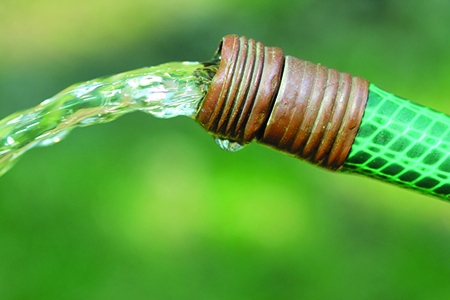216
Drinking water fees for community water systems will rise from $3.20 annually to $12 to help cover the cost of Louisiana’s Office of Public Health’s drinking water inspection program.
For rural water systems, such as the Central Water System t
Rural water users to see fee hike in 2017
previous post



